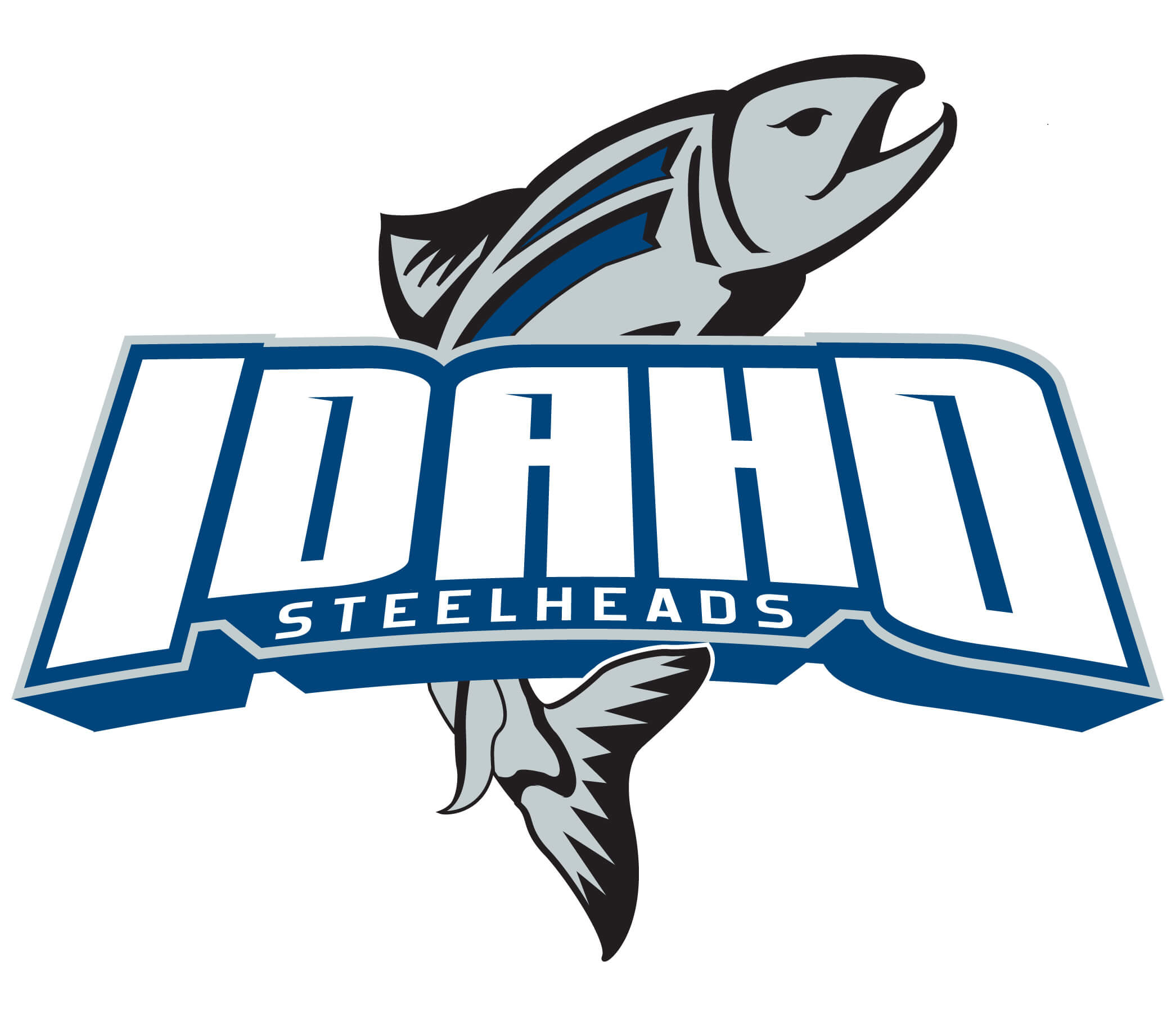Sports Vision Assessments
Vision is a fundamental component of athletic competition. Not only does an athlete need to see 20/20 (in fact competitive athletes should see better than 20/20), but they must take in visual information in a very precise manner and then process it quickly and efficiently. Utilizing the visual system, the athlete prepares for action – the visual system tells the athlete where to be and when to be there. An imperfect visual system leads to degraded or variable athletic performance and can prevent an athlete from playing to their potential.
The area of sports vision is used by professional athletes in several sports to improve performance. Sports vision assessments and sports vision training has become an added competitive edge for may college athletic program and has gained tremendous popularity by youth athletes would want to improve their college athletics prospects.

Official eye Doctor of the Idaho Steel Heads.
A Sports Vision Assessment with Advanced Vision Therapy Center is specifically designed to assess sport-specific visual skills that are typically overlooked during a routine eye exam. Your visual performance will be evaluated and compared to professional athletes in your sport. Your Sports Vision Profile will be used by our team to identify areas in need of improvement and a plan for improvement will be initiated.